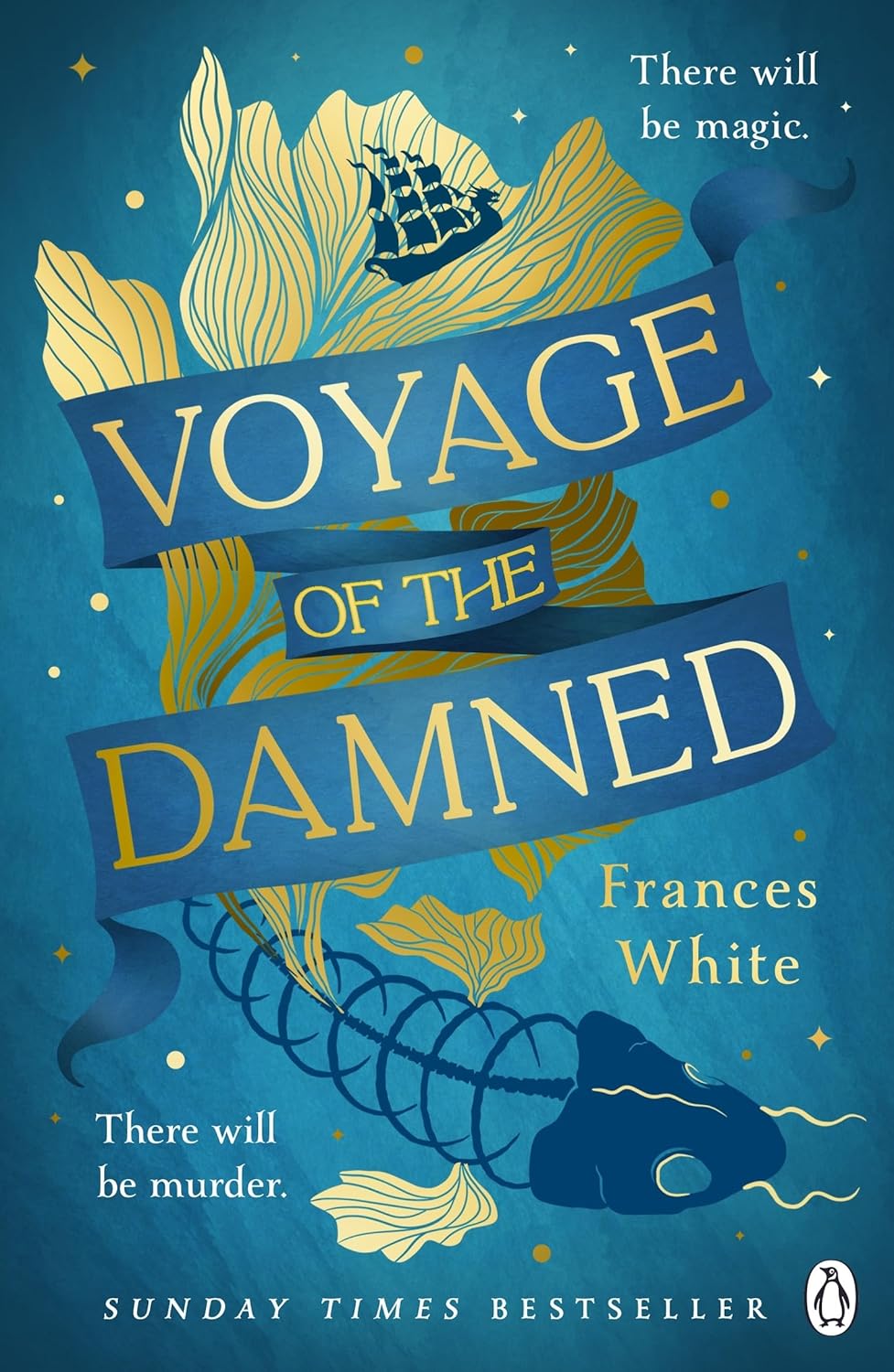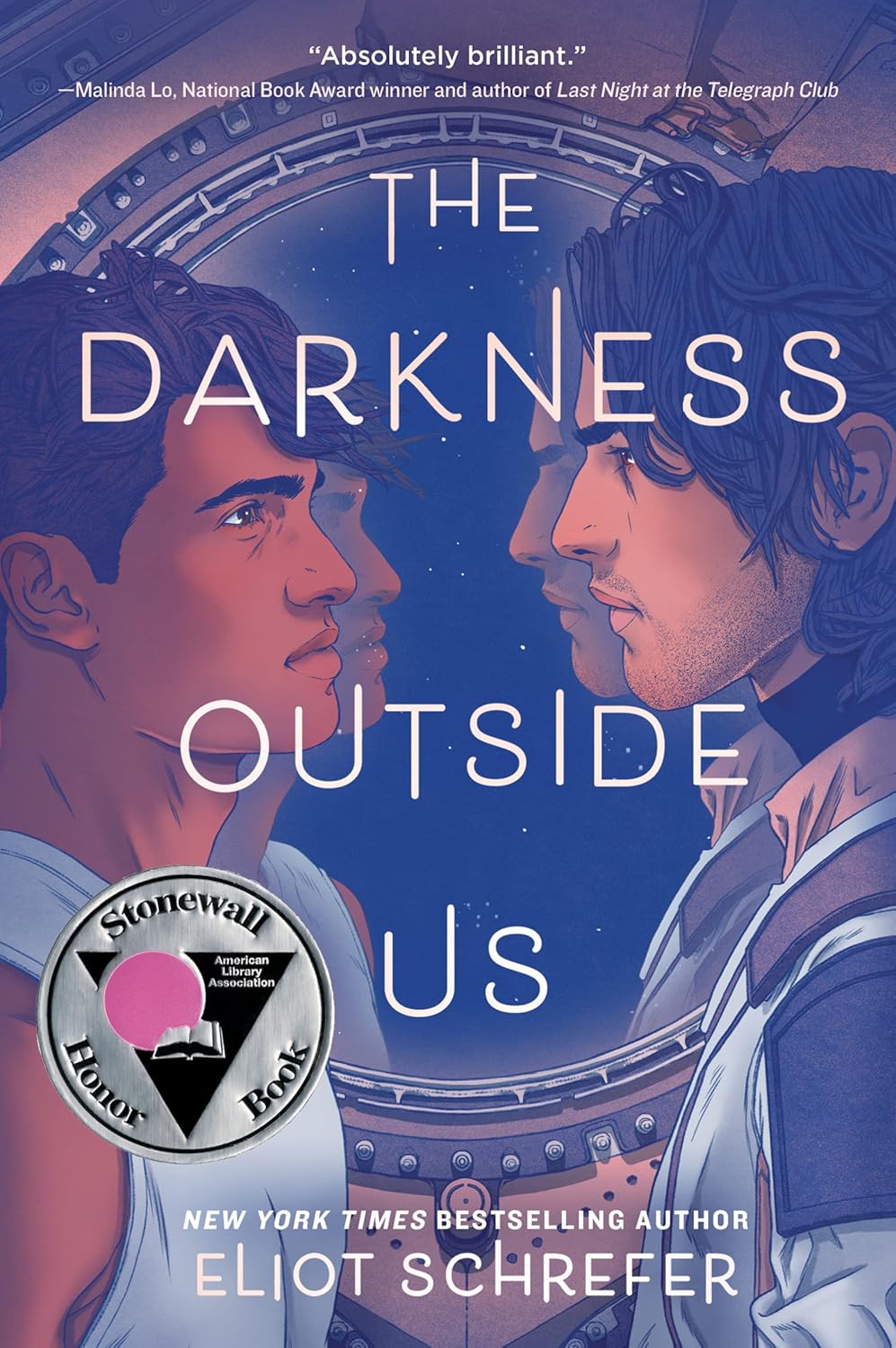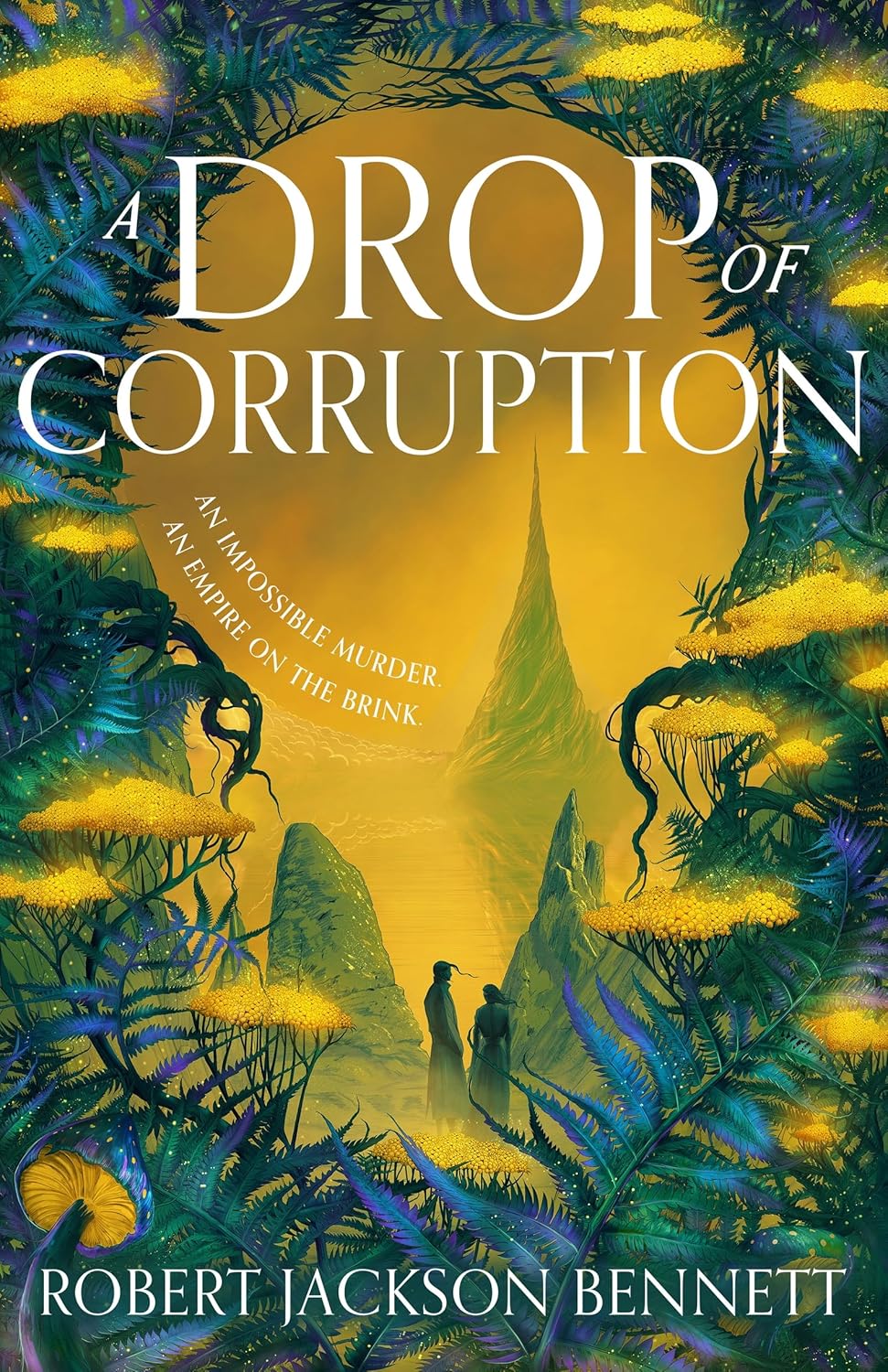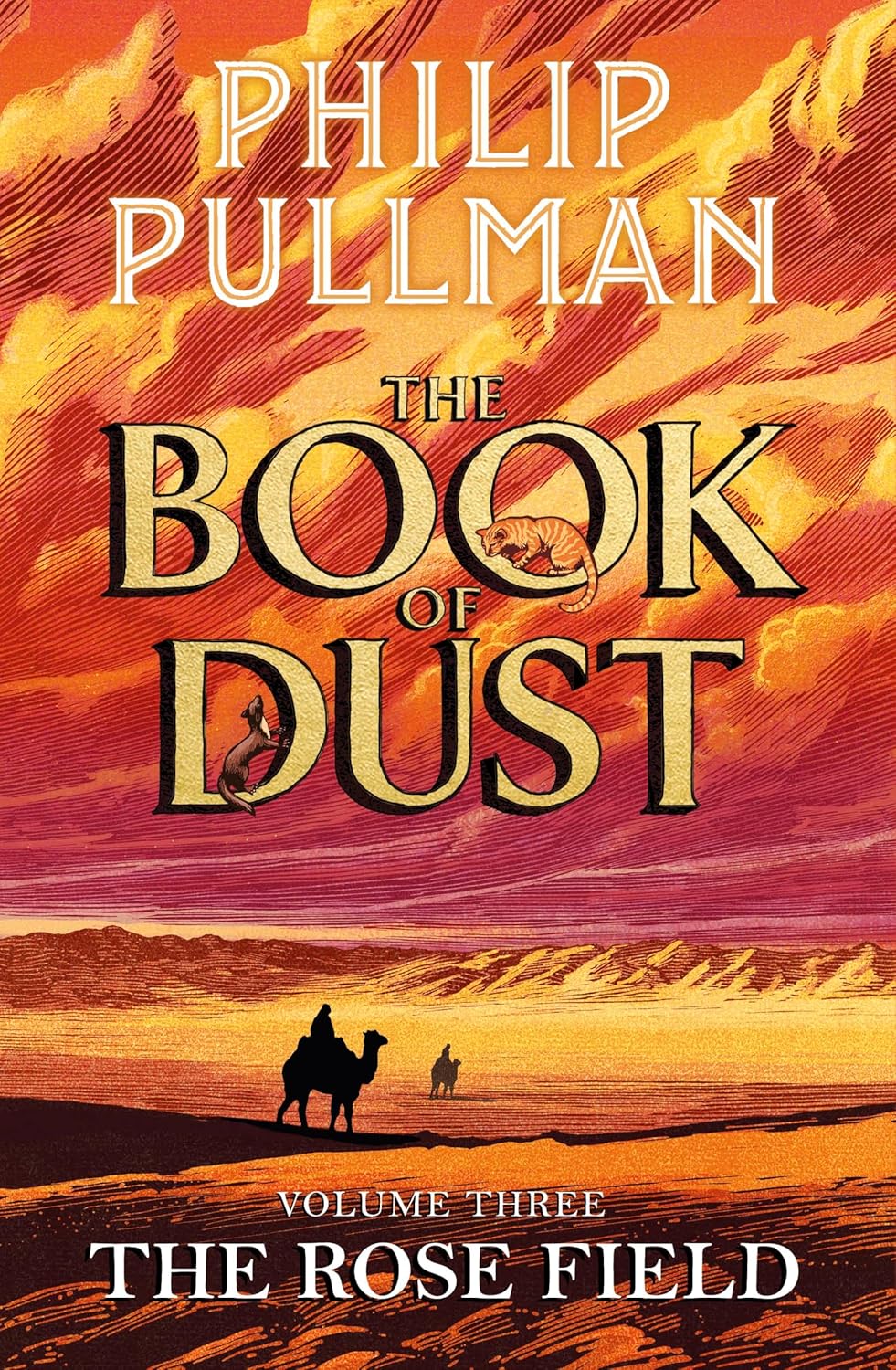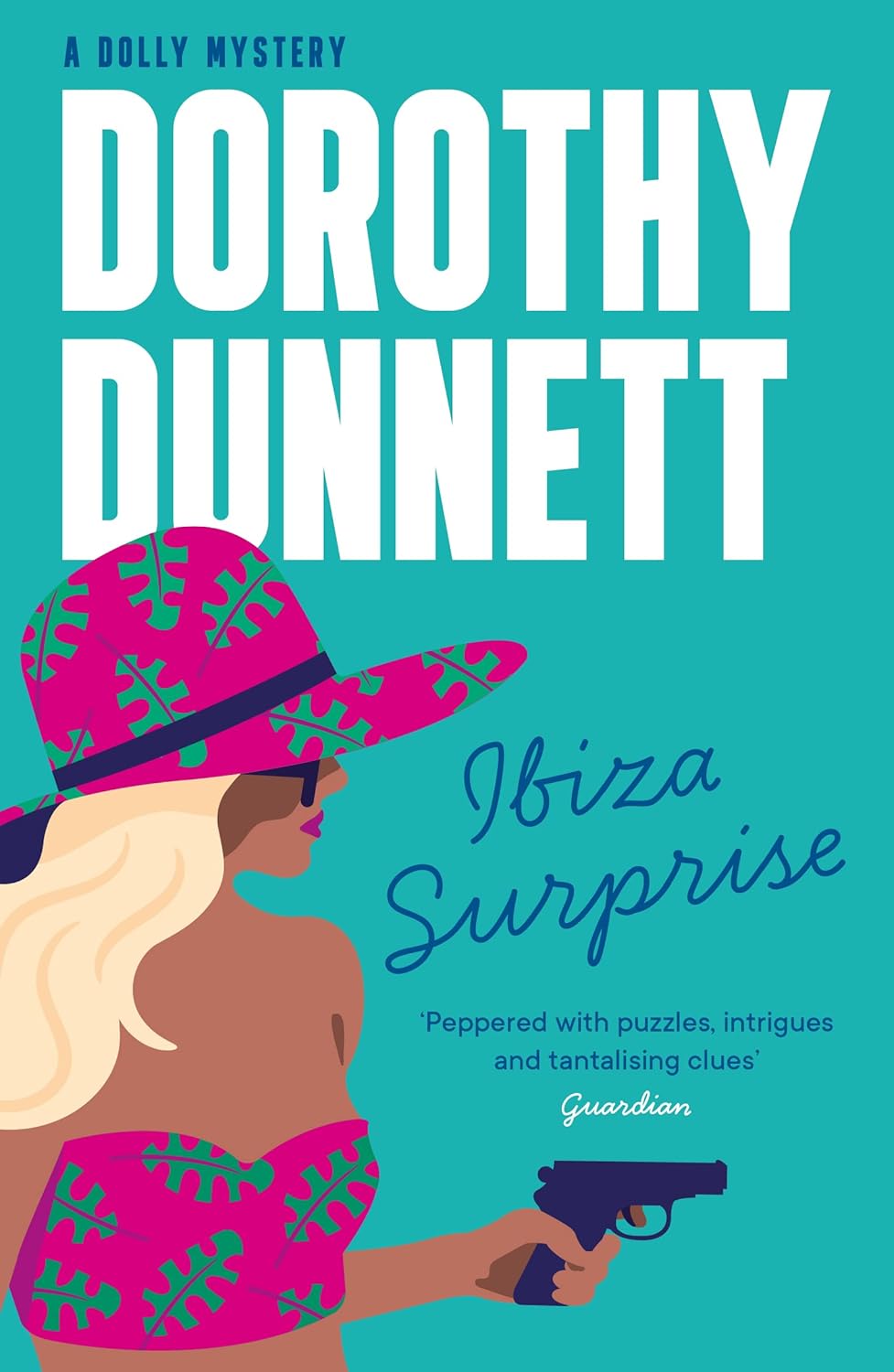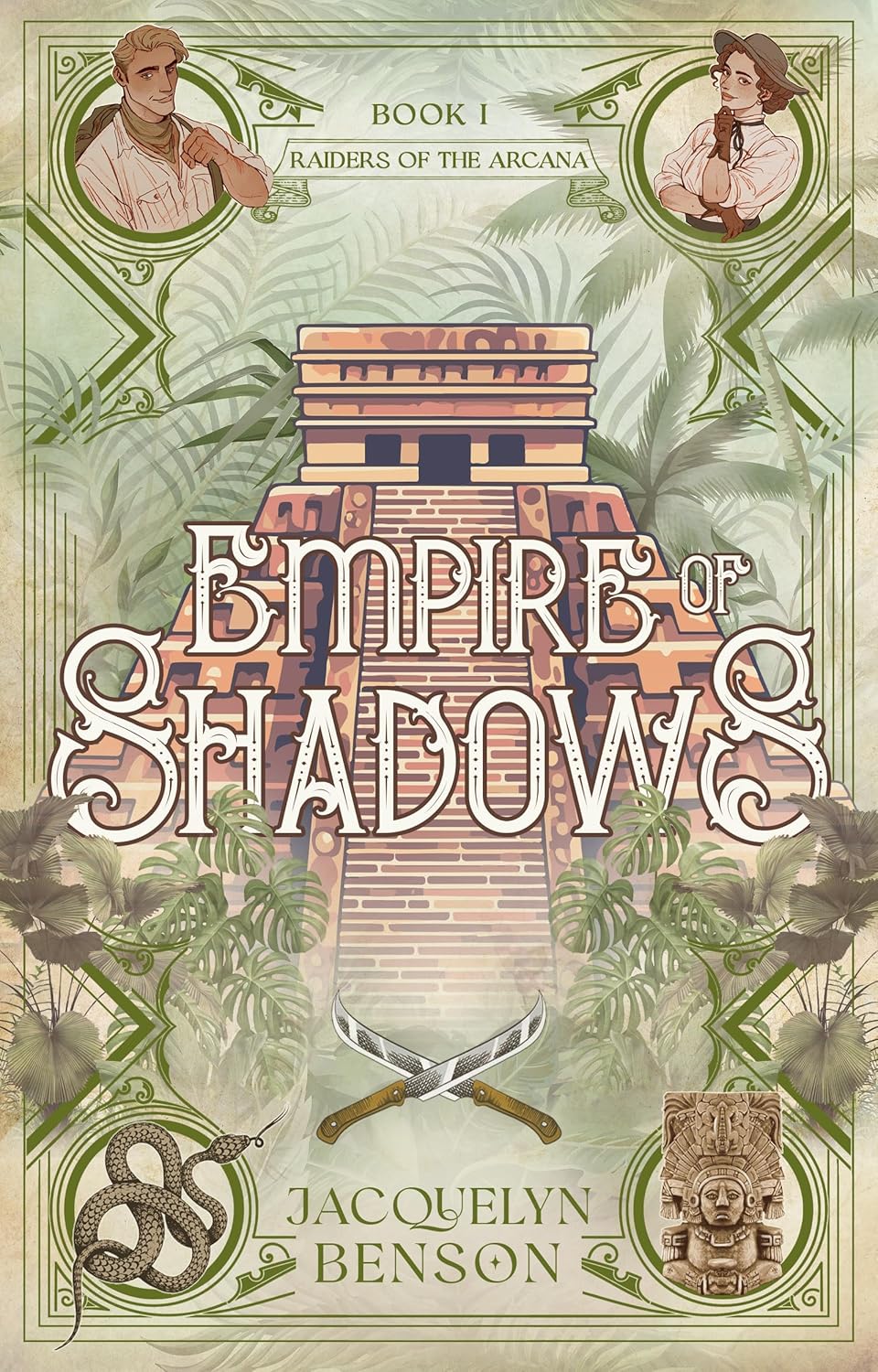2025/196: The Naughty List Manager — Remy Fable
Friday, December 12th, 2025 08:14 am"...Go see what this young man is really like. Then come back and tell me if he truly deserves coal in his stocking."
It was absolutely against protocol. It was wildly inefficient. It was a complete deviation from two centuries of procedure.
"I could leave tomorrow," Noel heard himself say.[loc. 61]
Short sweet Christmas m/m romance novella: Noel Frost, an elf, has been managing the Naughty List Department for over two hundred years. For the last decade, he's pulled the file of Ezra Vince, street artist and befriender of stray cats, who's been on the Naughty List for the last ten years. Noel is something of a stickler for the rules, but Mrs Claus sends him to investigate whether Ezra is actually Naughty or ... the other thing.
I was suffering from a surfeit of pre-Christmas crowds and hecticity: this was the perfect antidote. Nicely written, sweet, humorous and fun. There are more in the 'Claus Encounters' series...

